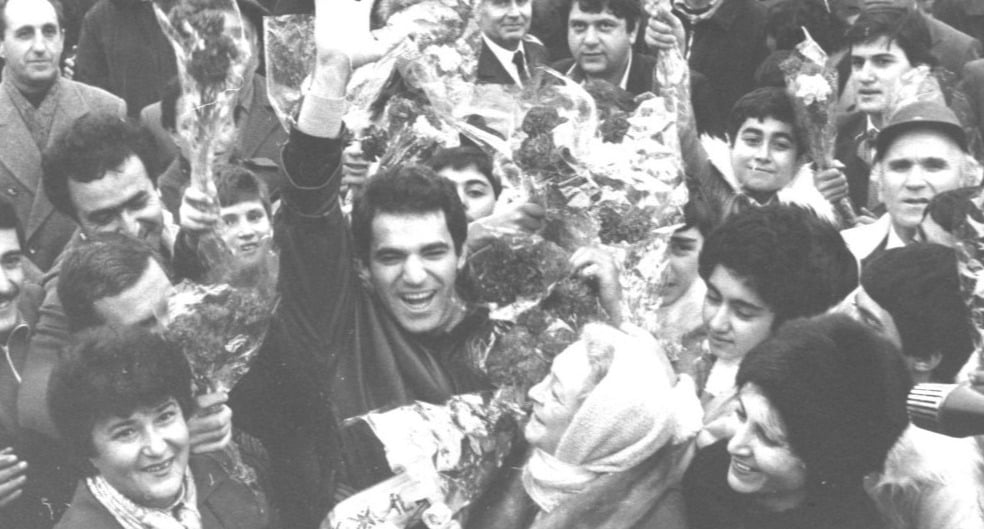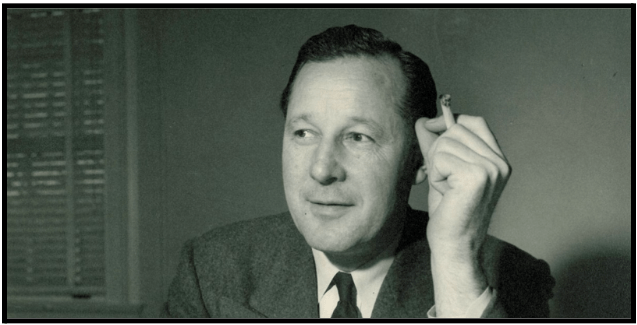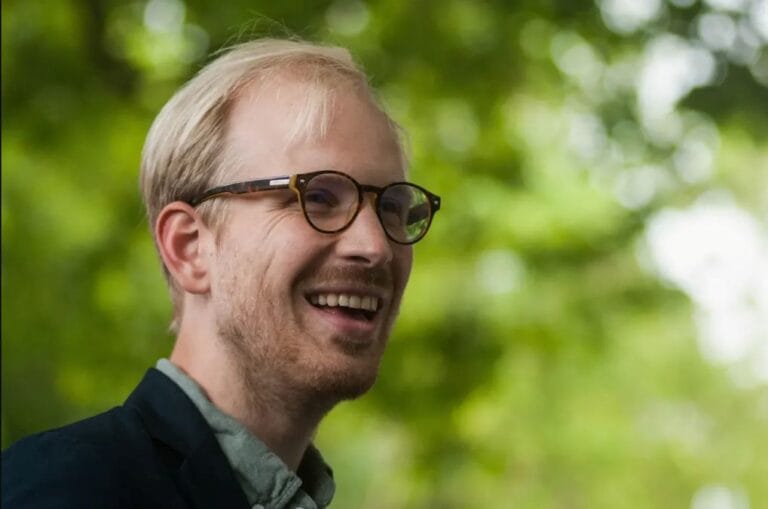Talking Big Ideas.
“Kasparov is . . . the best in history.”
~ Magnus Carlsen, current World Chess Champion
The chess world is reeling from what happened in Croatia last month. It serves as a cautionary tale for all of us.
I love to play chess. My most prized possession is a stone chess set. My parents got it for me when I was a teenager. I’ve played countless games on it with my closest friends. So when the Mercatus Center needed a chess set for an event with Garry Kasparov, I was happy to loan them mine.
To my delight, Mercatus got him to autograph it!*
There is a general agreement that Garry Kasparov is the greatest chess player in history. He’s also regarded as having won the best chess game. And perhaps he even played the best move! Garry is the G.O.A.T.
Which makes his performance in Croatia all the more incredible.
*****
The 2021 Croatia Grand Chess Tour was July 05-12. Players from around the world gathered together. Millions more followed online.
Kasparov entered the contest. While he officially retired in 2005, he still plays often, on occasion in tournaments. He does well. He’s Garry Kasparov.
Except he’s also human.
In Croatia he played 18 games. He won one.
He even lost a game in seven moves. A new record. In the history of chess, no former world champion had ever lost so quickly. “I was shocked,” Kasparov said afterward.
What happened?
According to Kasparov, the answer is simple. He didn’t practice enough.
What does his disastrous performance mean for the rest of us? Daniel Webster, one of the best public speakers in American history, famously said: “I would rather show up to a talk half dressed than half prepared.”
Yet, when it comes to speaking, I often meet people who say they don’t need to prepare at all: “I’ve been giving this talk forever, I’ll be fine!”
I wonder how well they actually do.
In chess we get instant feedback. Perception meets reality on the board. In speaking, this doesn’t happen. We don’t know how well we do. We might perform like Kasparov in Croatia, but think we’re like Kasparov mercilessly crushing Anand.
The truth is, we all need practice. It doesn’t matter how often we’ve performed in the past. Or how good we were the last time. Whether we’re just starting out, or the best in history.
Dale Carnegie, always fond of analogies, liked to say that “a speech can’t be cooked to order like a steak.” He’d add: “a well-prepared speech is already nine-tenths delivered.”
Preparation takes time and attention.
For speaking this means digging inside ourselves to pull out insights. Thinking through and researching what we uncover. Discussing and debating with colleagues. Looking at our topic through our audience’s eyes. Finding stories and analogies that are tailored to them. Organizing, rearranging, and polishing. Running reps. Doing self-assessments. And seeking out and embracing diverse feedback.
This takes work. And the more effort we put in, the better we do.
In September the world’s chess elite are gathering for another tournament. Kasparov will be there. He promises a better showing. He’s practicing hard this time to set himself up for success.
I’m eager to follow along. I’m confident he will return with a vengeance.
***
![]() IDEA
IDEA
Everybody needs to practice. Everybody.
What’s the most important conversation or speech you have coming up in the next month? Right now, before doing anything else, block off time on your calendar to practice. If you’ve already done this, add one more session to get extra reps — and feedback from someone new.
***** Years ago I was at a fancy dinner in New York City.
After the formal remarks, a few of my friends and I were chatting over drinks. The keynote speaker for the event saw us and came over to chat. Cool enough, he even joined us for a selfie.
It was Garry Kasparov.
*My buddy Isaac likes to tell me that once I get World Champion Magnus Carlsen to sign my chess set, then Isaac will consider signing as well.
I’m going to hold him to that.
If you find this useful, please subscribe to our free weekly newsletter.




